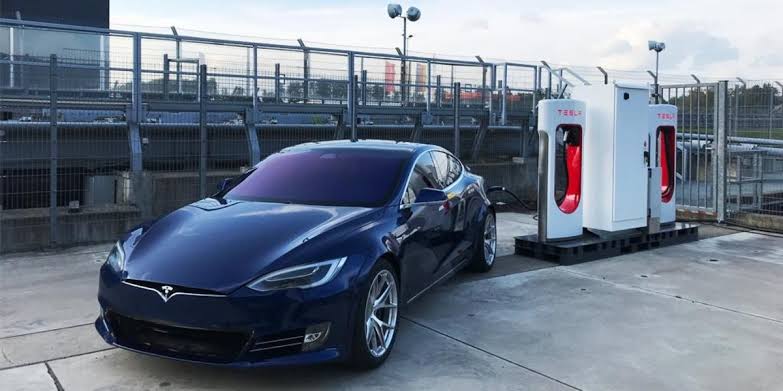India plans to provide new incentives to companies making electric vehicles (EVs) as part of a large auto sector scheme. And it anticipates dragging $ 14 billion of investment over five years, according to industry sources and a document.
The country endeavours to promote EVs to mitigate its Oil dependence and also cut pollution that has been perplexed so far due to lack of investment and weak demand, as well as the patchwork nature of existing incentives that differ from state to state.
The new automotive sector scheme has been under discussion since mid-2020 to offer more focused access, industry sources close to the matter.

The plans consider $ 8 billion of incentives for carmaker and suppliers over five years to attract huge investment in the sector.
Although the government did not reveal the final details of the scheme, which are anticipated to be within a month, big companies will be able to apply for incentives from April 1, the source said.
According to the draft policy document, companies will receive 4.7% government cashback on the eligible sale and export value of vehicles and components, but an additional 2% will be given for EVs and their components as a “growth incentive” to increase electric mobility.
Elon Musk’s Tesla Inc. is all set to enter the Indian market, to counter the dominance of big giant Tesla, its competitors including Ford, Volkswagen and India’s Tata Motors and Mahindra & Mahindra also have plans to invest in billions of dollars in EVs to abide by Stricter global emissions regulations.

The document suggested that automotive components manufacturers in India must be ready to take a shift towards EVs with their products.
The automotive incentives scheme is part of India’s larger $ 27 billion programmes, that attract big manufacturers from the likes of China and Vietnam, which will make India a bigger exporter of Electric vehicles across the globe.
There are lots of challenges for new companies entering in India, as well as existing automakers.
Its very hard to endure the high interest rates, power tariffs, poor infrastructure and high logistics costs, these burdens make it costlier for companies to operate in India compared with rivals such as Thailand or Vietnam.
The draft policy document said, “The (new) scheme proposes financial incentives to help overcome these disabilities and make India more competitive”, Pointing out the drawbacks that the Indian government engages in the manufacturing industries, which can lead to 5-8% high-interest in EVs production.
This new incentives are created to bring additional investment of $14 billion, create 5.8 million new jobs and generate more than $ 4 billion in tax revenue over five years, as the government anticipates.
Also, read:
What is the future of electric cars in India?
Is AstraZeneca vaccine effective and especially strong protection for the elderly?
















